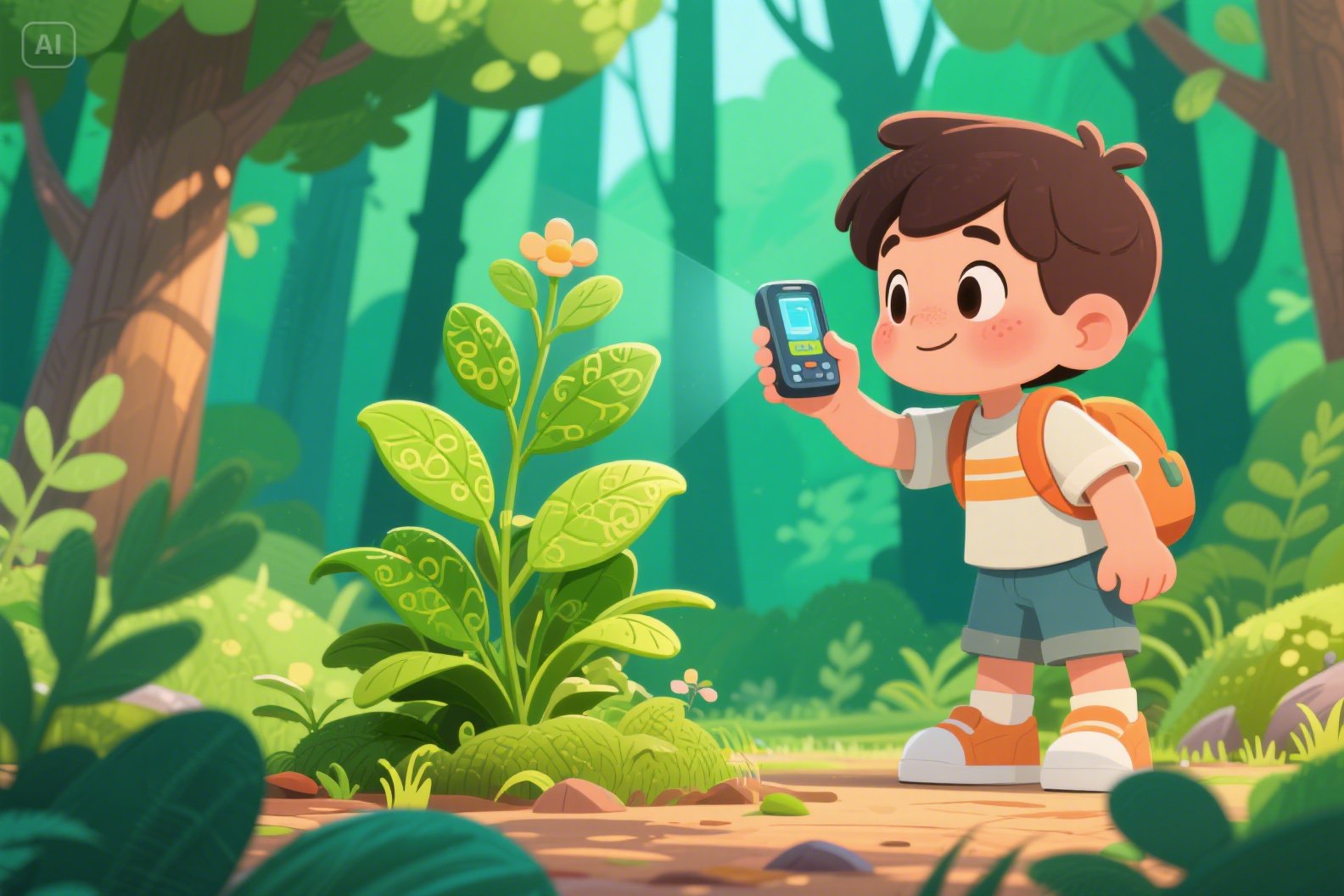
AI for Homeschooling: A New Educational Frontier
As artificial intelligence becomes increasingly integrated into our daily lives, homeschooling families have a unique opportunity to thoughtfully incorporate these powerful tools into their educational approach. Unlike traditional educational institutions that often struggle with policy decisions around new technology, homeschooling parents can make immediate, personalized choices about how AI fits into their children's learning journey.
For Parents: Reimagining Homeschool Education with AI
AI offers homeschooling parents an incredible resource for generating creative learning activities, finding educational resources, and personalizing instruction. Tools like Aris can instantly suggest science experiments based on household materials, recommend books that match your child's interests and reading level, or create customized learning plans that address specific educational goals.
However, it's crucial to avoid the temptation of simply using AI to generate traditional academic problems for your child to solve. When we ask AI to create multiplication worksheets or basic writing assignments, we're missing the transformative potential of this technology. If AI can easily solve these problems—and it increasingly can—then they probably aren't developing the most valuable skills for your child's future.
Instead, consider raising the difficulty level of the challenges you present. When basic arithmetic is simplified by calculators and writing assignments can be handled by AI, the solution isn't to ban these tools but to elevate the complexity of learning objectives. Challenge your children to tackle problems that require uniquely human capabilities: ethical reasoning, creative innovation, emotional intelligence, and collaborative problem-solving.
Banning AI from education would be comparable to prohibiting books when they first became widely available. History shows that the most successful individuals have always been those who learned to effectively use the resources available to them. By teaching your children to thoughtfully leverage AI tools, you're preparing them for a world where these technologies will be ubiquitous.
The most powerful approach is guiding your children to use AI for addressing authentic challenges. When your child uses Aris to help research solutions for a community garden, analyze family energy usage, or design a neighborhood improvement project, they develop a cooperative rather than adversarial relationship with technology. AI becomes a partner in making meaningful change rather than a shortcut around arbitrary academic hurdles.
For Children: AI as a Tool for Real-World Exploration
The best use of AI in homeschooling should connect children more deeply with the physical world around them, not further isolate them behind screens. Think of AI as a resource children have in their pocket as they engage with their surroundings—heads up, observing and interacting, rather than constantly looking down at devices.
Aris AI exemplifies this approach by emphasizing voice interaction and quick knowledge queries that support real-world activities. A child exploring a forest might ask Aris to identify a particular tree species or explain an unusual insect they've discovered, then immediately return to their hands-on exploration with new understanding and context.
Counterintuitively, AI implemented thoughtfully should reduce screen time rather than increase it. When children can speak a question and receive a concise answer, they eliminate the need for lengthy internet searches or extended time on devices. Technology becomes invisible in the best sense—present when needed but never dominating the educational experience.
The future of AI in homeschooling isn't children hunched over screens continuously responding to computer-generated problems. Instead, it's young learners engaged in rich, multifaceted experiences in the real world, occasionally consulting AI tools that provide just-in-time support for their self-directed explorations.
AI should also foster social connection rather than solo entertainment. Group projects where children collaborate with each other while using AI as a shared resource can build both technological literacy and crucial interpersonal skills. Family discussions about information discovered through AI tools can strengthen relationships while developing critical thinking.
Making Intentional Choices About AI's Role
Perhaps most importantly, homeschooling families should make conscious decisions about the relationship they want their children to have with AI. Is it primarily a fact-finding tool, like a more sophisticated encyclopedia? Is it more like a pet or companion with which children can interact socially? Or should it function as a warm, supportive tutor that guides learning while maintaining appropriate boundaries?
These aren't questions with universal answers—they depend on your family's values, your children's needs, and your educational philosophy. The advantage of homeschooling is the freedom to make these choices intentionally rather than by default.
By thoughtfully integrating tools like Aris AI into your homeschooling approach, you prepare your children not just to adapt to technological change but to shape it according to human values and needs. The skills that matter most in an AI-integrated world aren't the routine cognitive tasks that machines can easily perform, but the uniquely human capacities that make us who we are.
As we navigate this educational transformation, homeschooling families have an unprecedented opportunity to pioneer approaches that leverage AI's benefits while remaining firmly grounded in human connection, real-world engagement, and meaningful learning. With thoughtful implementation, AI can help create educational experiences that are more engaging, more relevant, and more aligned with children's natural curiosity and desire to make a difference in the world.